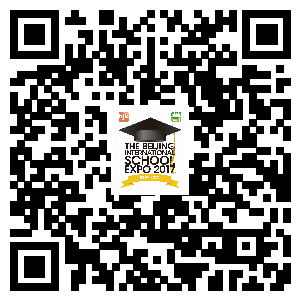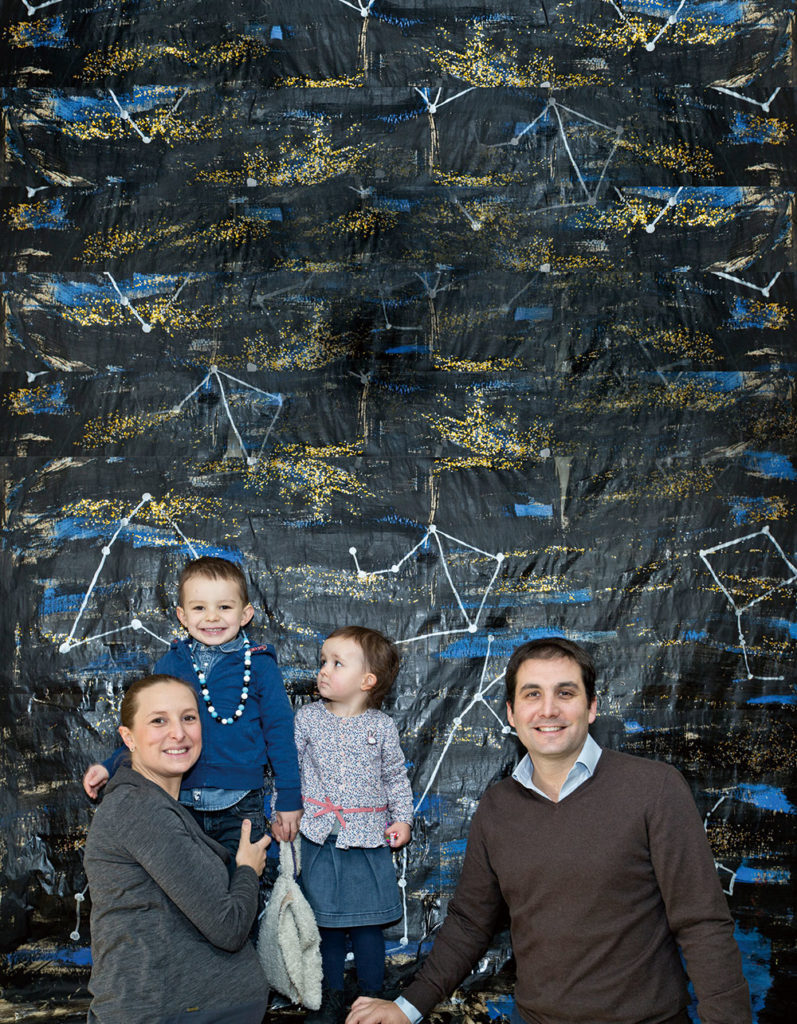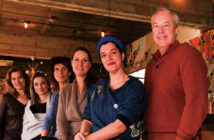[Editor’s Note: To meet schools featured in the School Choice Guide, register for the free Beijing International School Expo, where you can save time, energy, and money in you school comparisons. Scan the QR code below.]

Multiple Intelligences
In his 1983 book, Frames of Mind, Dr. Howard Gardner first proposed the Multiple Intelligences theory framework. The Harvard University professor theory states that people, even children, learn and think differently, and there are numerous ways intelligences can manifest. The main intelligences Dr. Gardner identified are linguistic, logical-mathematical, spatial, bodily kinesthetic, musical, interpersonal, intrapersonal, and naturalist. In Beijing, the Ivy Education group incorporates these elements into the various curricula including a bilingual aspect. We spoke to the people at Ivy Academy to share with us how they use this curriculum as a foundation.
What’s unique about the curriculum?
The aim of the curriculum is to customize teaching methods that focus on educating the children according to their individual abilities and needs in a dynamic, play-based, and supportive environment. The teaching plans are more student-centric than the traditional academic subjects.
How is it applied?
With a Multiple Intelligences-style curriculum, educational institutions use wide ranging approaches, exercises, and activities to try and reach all students. The theory is a building block since there isn’t a single preferred model and schools have adapted the eight intelligences to numbers or logic, pictures, words, natural, social interaction, music, and/or personal experience. Here’s an overview:
• Linguistic: The ability to use language to express what’s on our minds and to understand other people (e.g. word games, spelling, reading books, and looking at pictures)
• Logical-mathematical: The ability to think logically and to use and manipulate numbers, quantities, and operations (e.g. science experiments, math, Lego, and construction)
• Spatial: The ability to represent the spatial world in one’s mind (e.g. art and craft activities)
• Musical: The ability to perceive and understand patterns of sound as well as creating and communicating meaning from sound (e.g. playing instruments, listening to music, composition, singing)
• Bodily-kinesthetic: The ability to use fine and gross motor abilities (e.g. moving to music, playing dress-up, puppet shows)
• Interpersonal: The ability to understand people and relationships (e.g. team games and activities)
• Intrapersonal: The ability to understand oneself, one’s thoughts and feelings (e.g. working alone and independently)
• Naturalist: The ability to understand and work with the natural world and the environment (e.g. gardening, looking at insects)
How well does this education system prepare students for the real world?
Children are taught to become self-confident, to get along well with others, to be problem solvers, to make good choices, and to see themselves as children with good ideas – all of which are valuable life skills.
Where is it offered?
This curriculum can be found in schools around the world. This can mainly be found in kindergarten and elementary schools as a foundational learning implementation.

Curriculum Spotlight: The Dronet family moved to Beijing 3 years ago after having lived in Dubai and Shanghai. Marine, Sylvain, Joseph (age 4), and Rose (2.5) are French nationals. Both kids are strong linguistic learners, with Joseph fluent in English, Chinese, and French, while Rose has picked up English since starting school in September 2016. They moved to Beijing when Joseph was a year old, and the family recommends the Ivy Bilingual School at Orchid Garden.
Why did you choose Multiple Intelligence theory ?
Joseph started nursery when he was 19 months old as one of the youngest in the school, and we were amazed how quickly he learned English and Chinese. I have to say that we didn’t really choose the curriculum but found it very interesting for the development of our children. Ivy Group is also sharing with us every single step of our children’s progression on a weekly basis through a report and pictures. We love to witness their progression. It’s really impressive to realize how much they can learn in a few weeks




